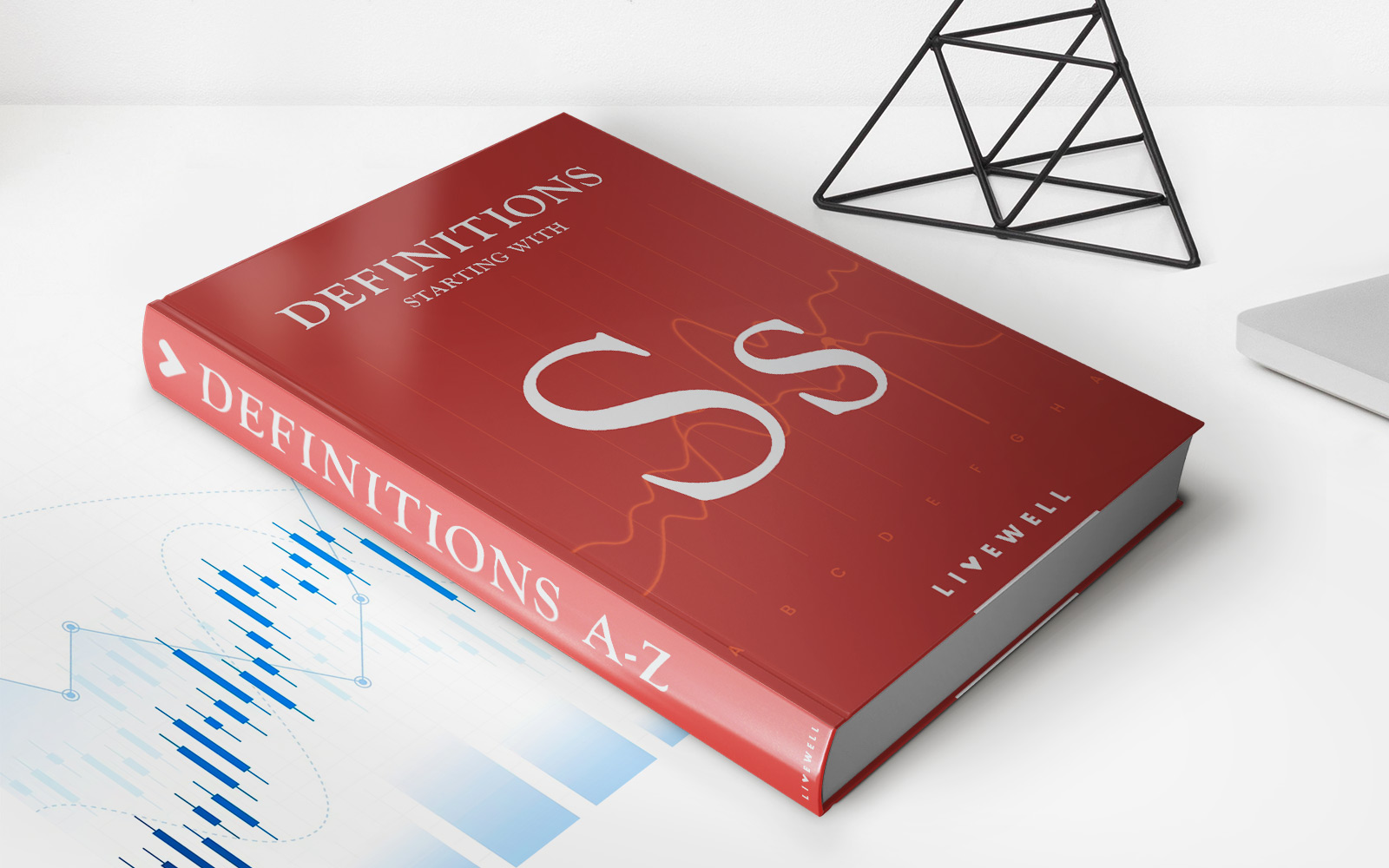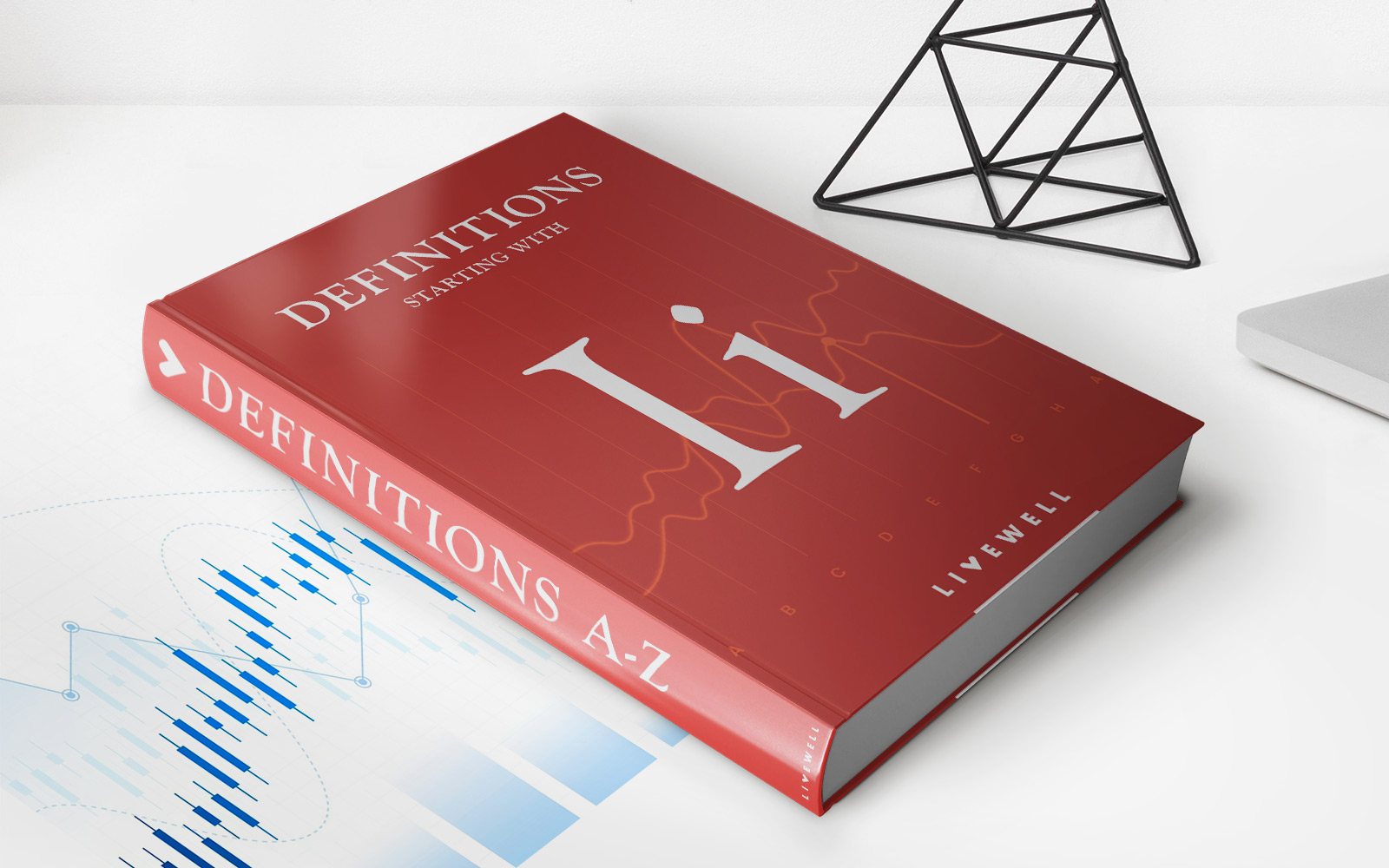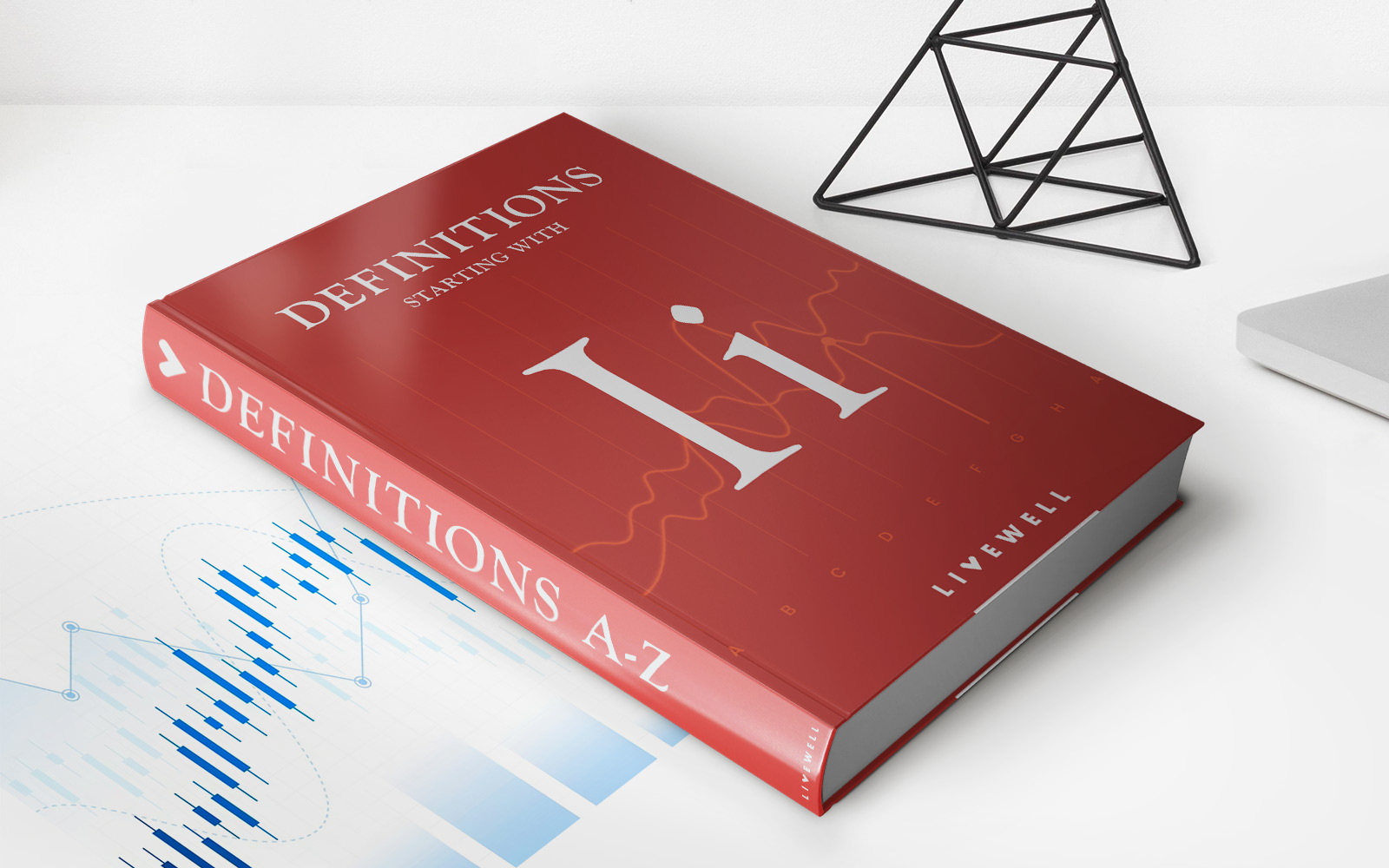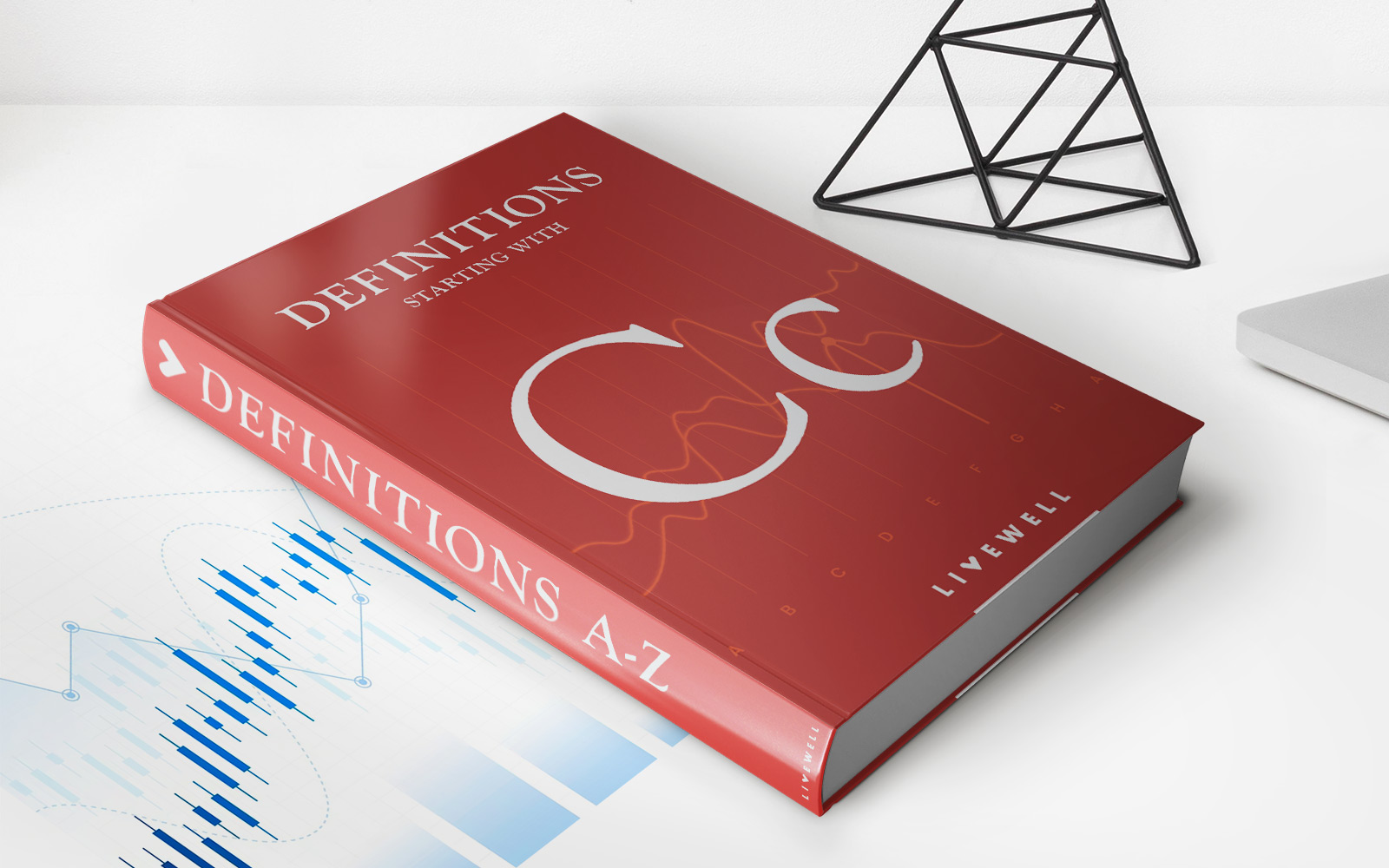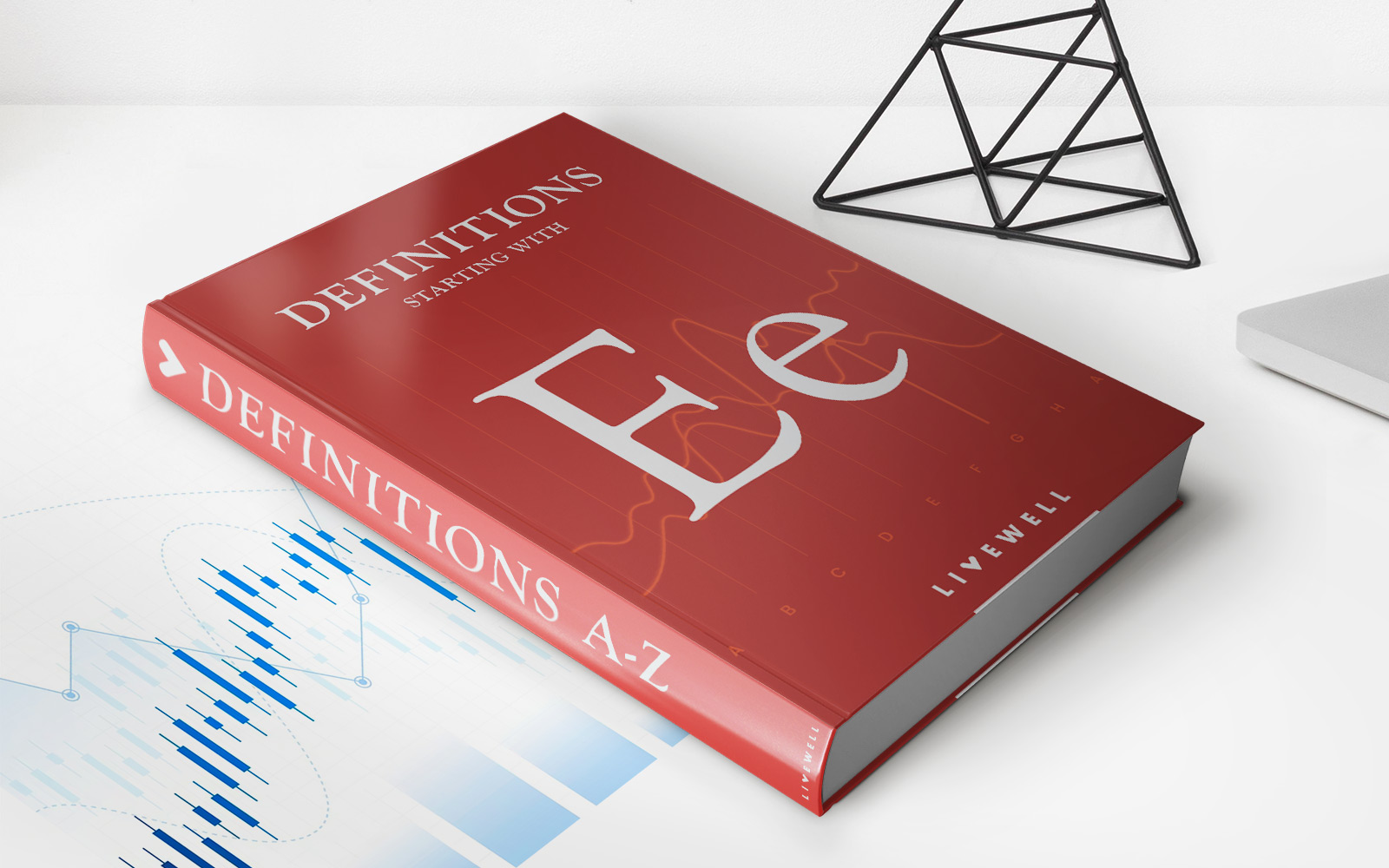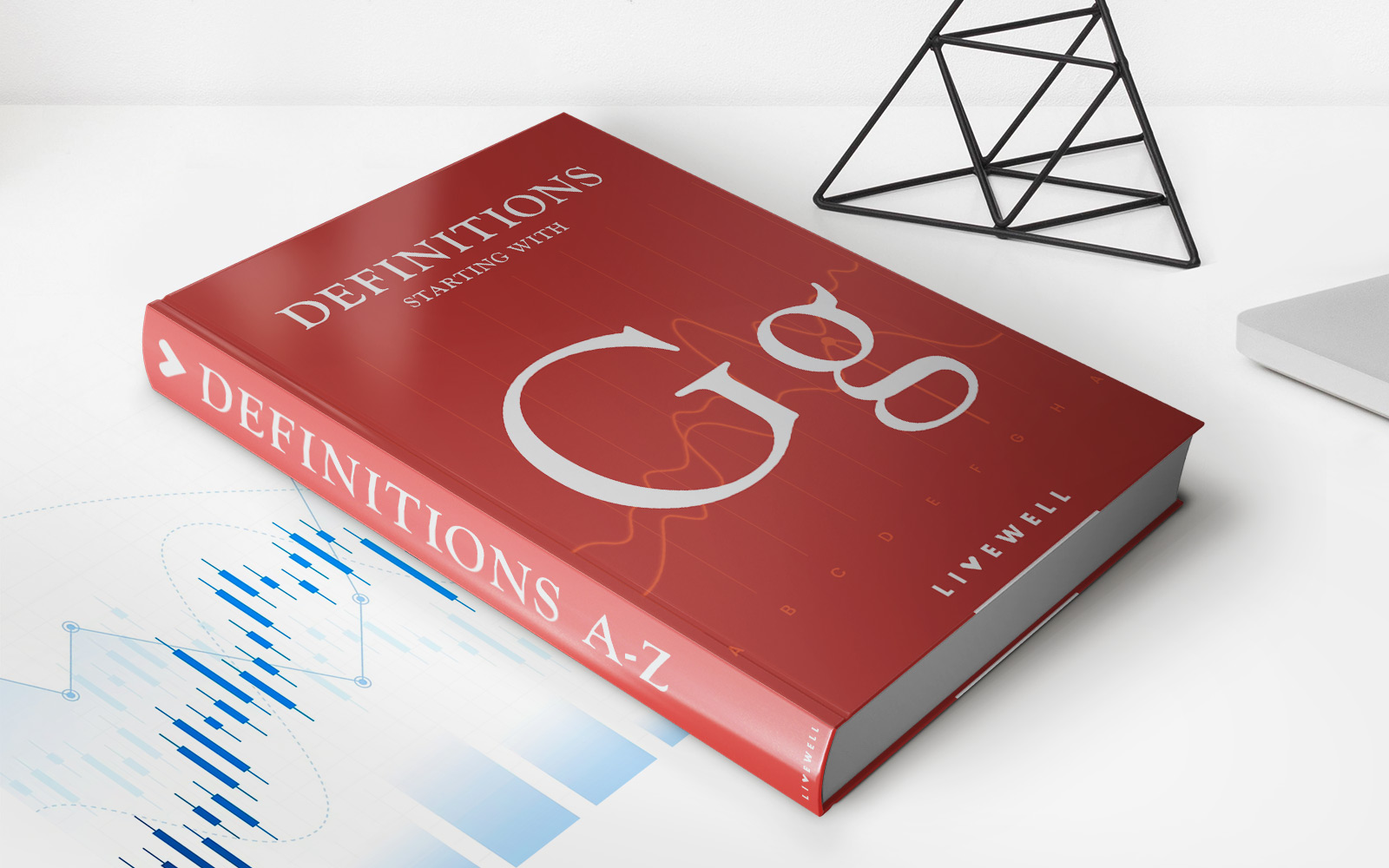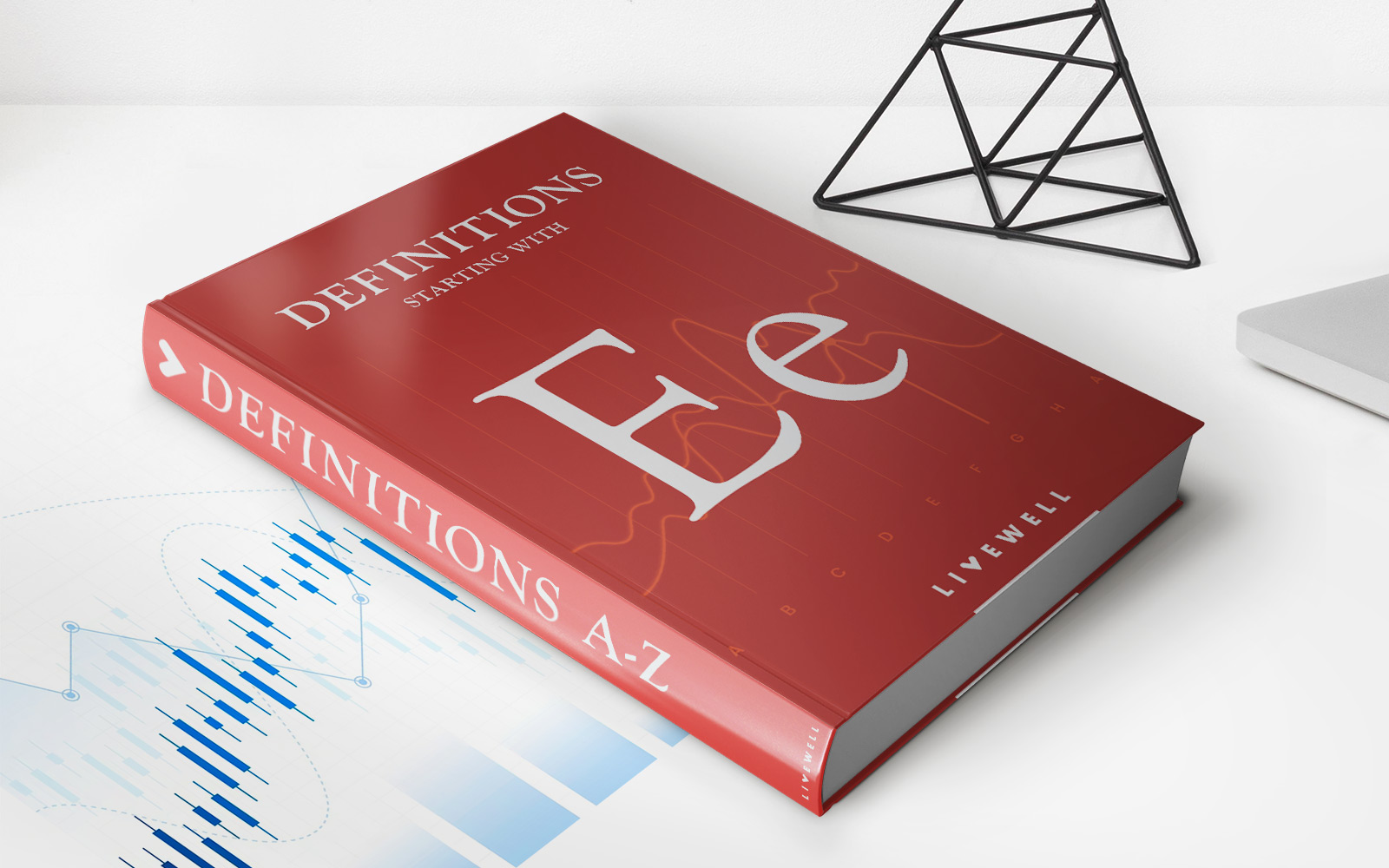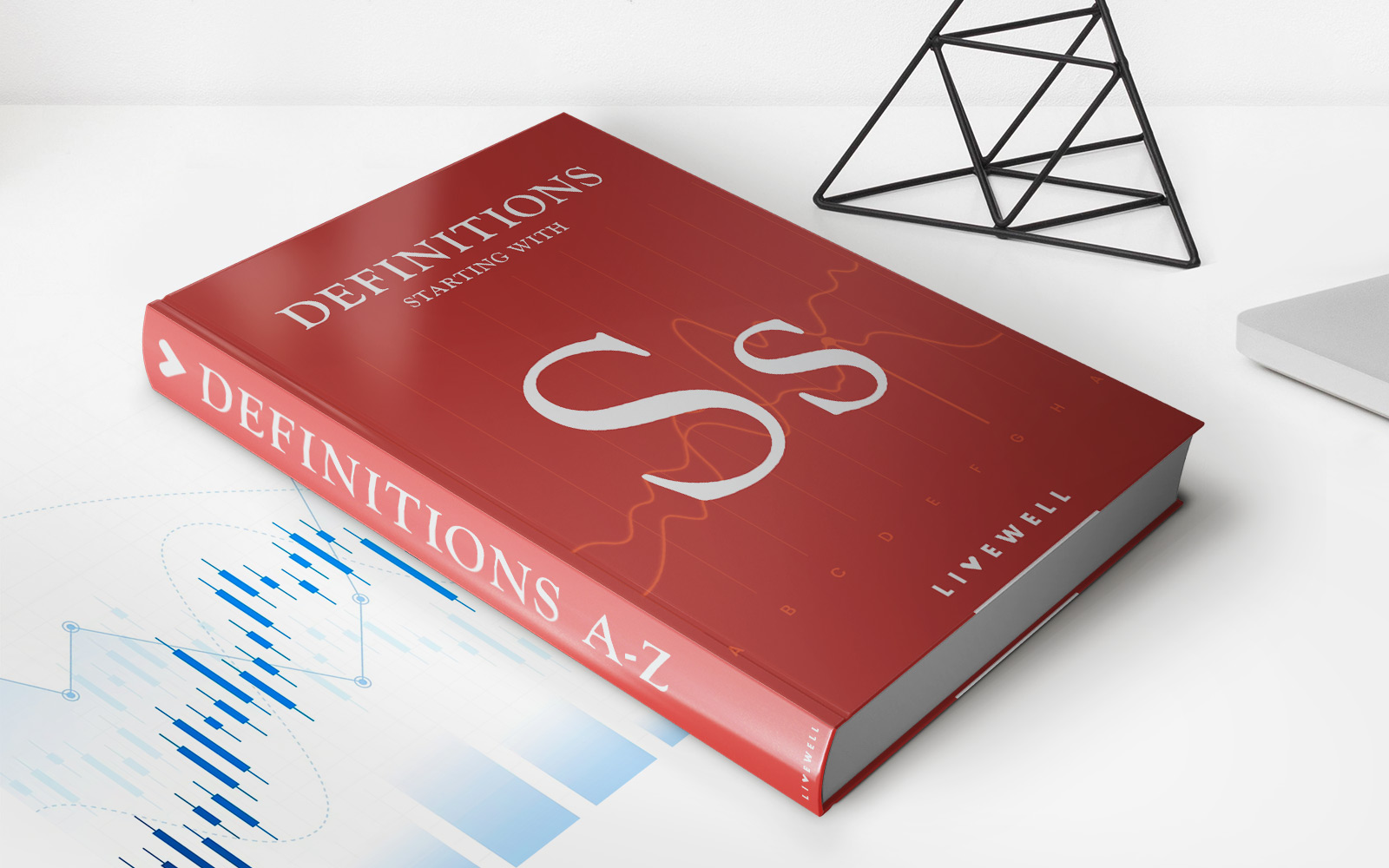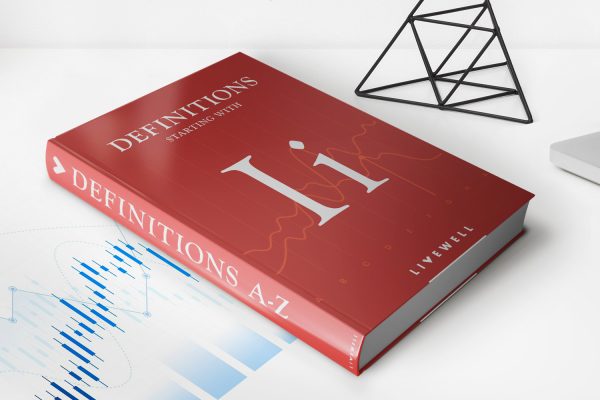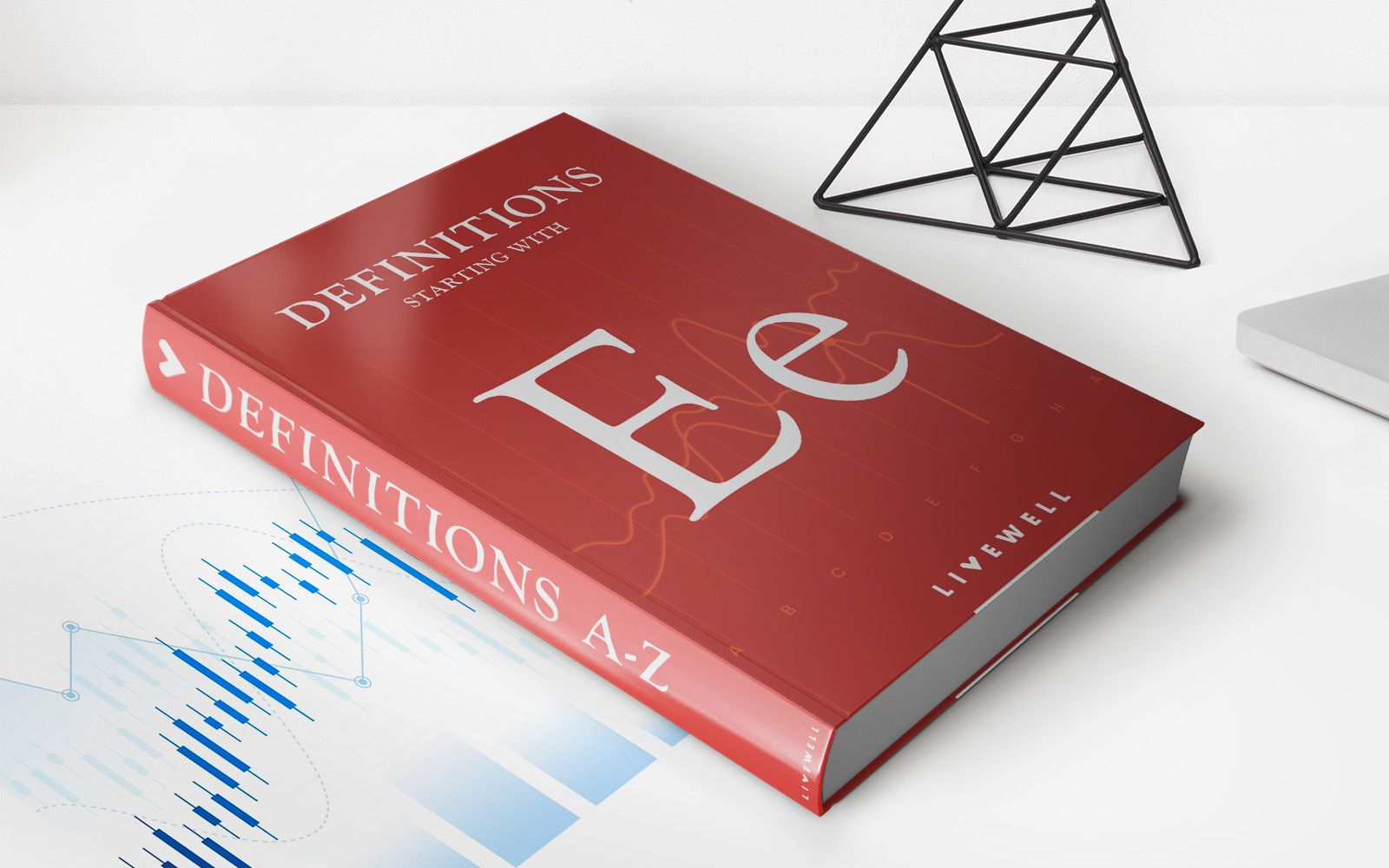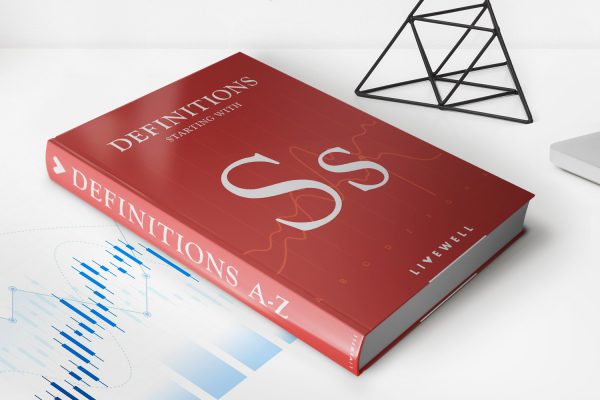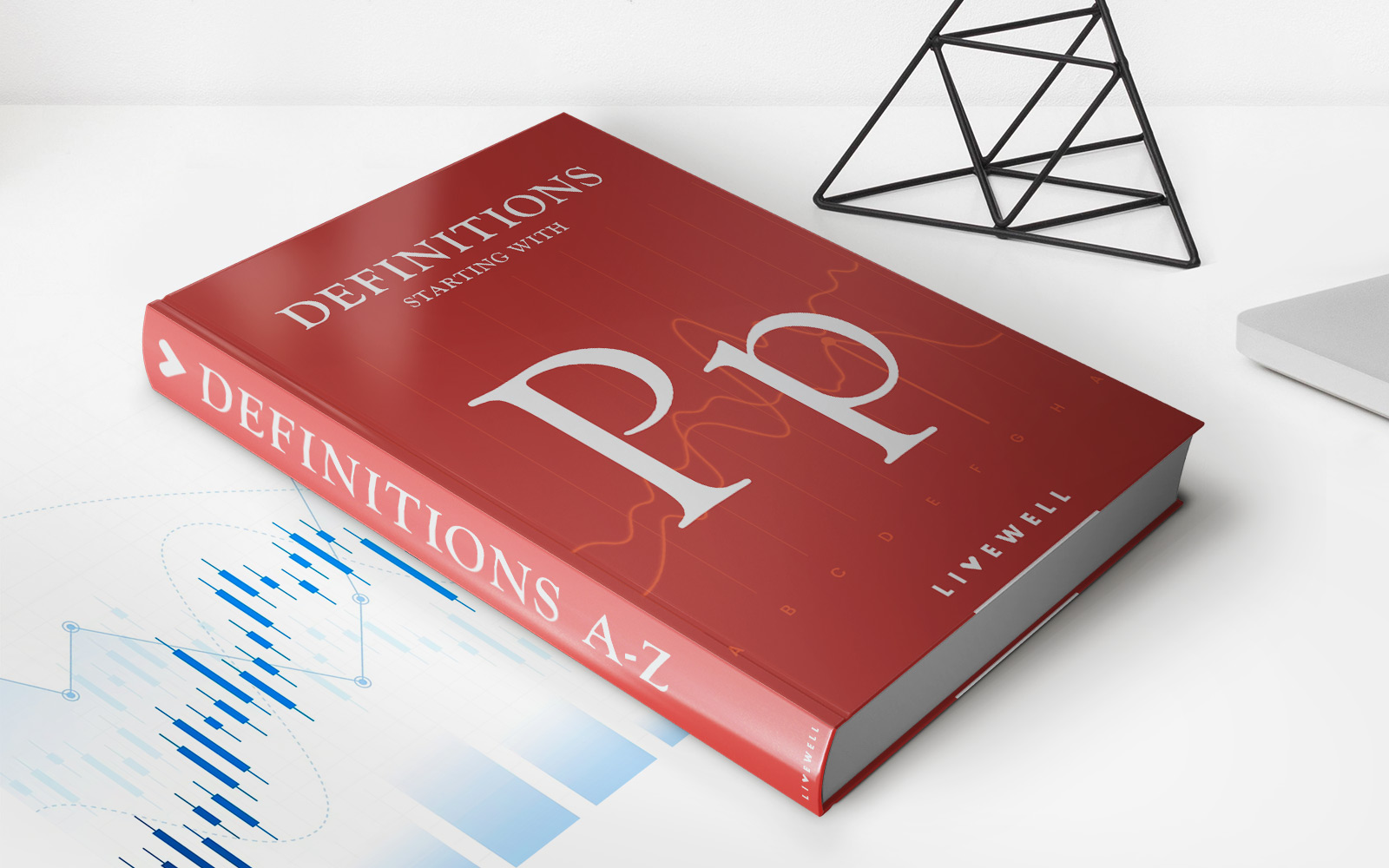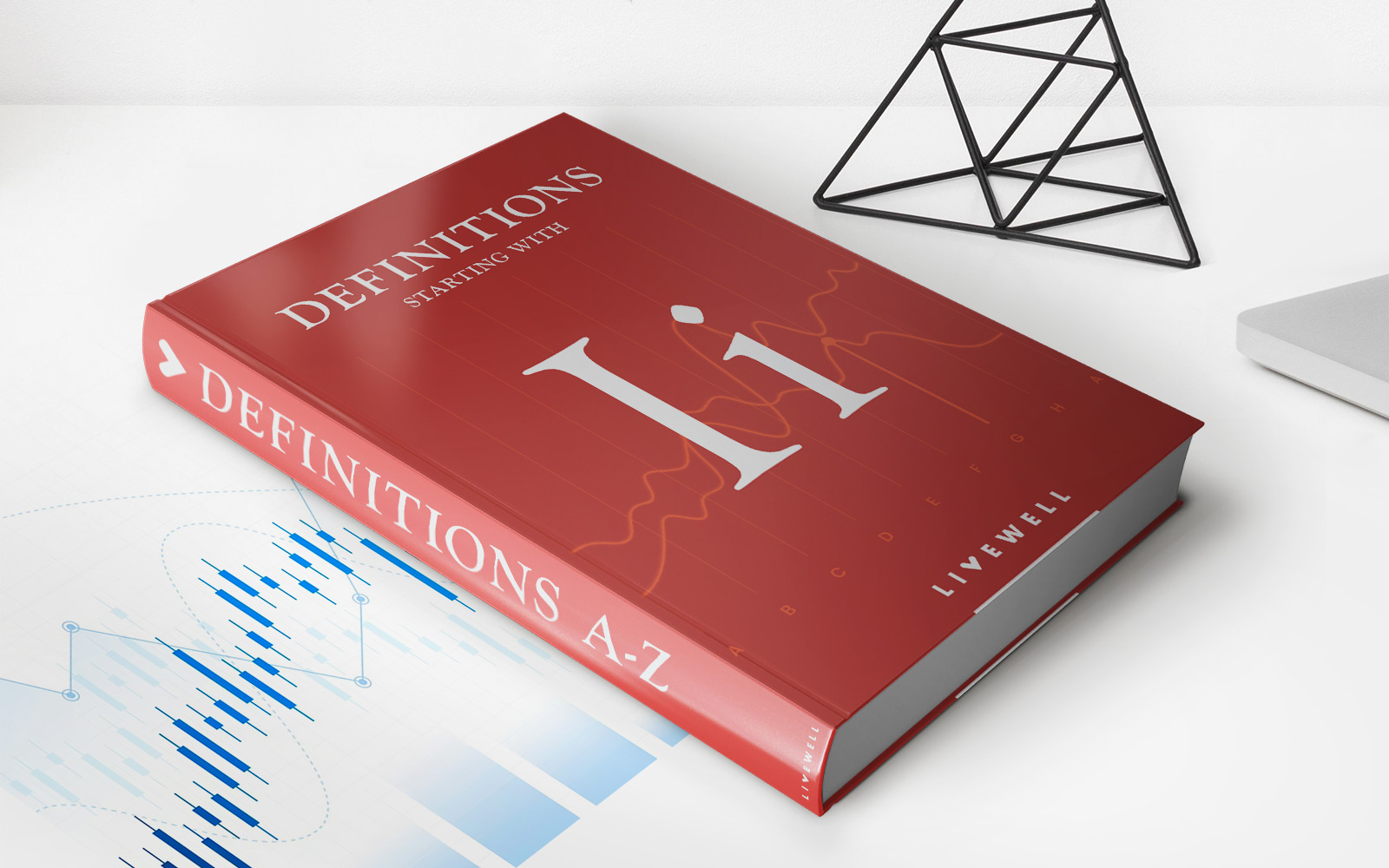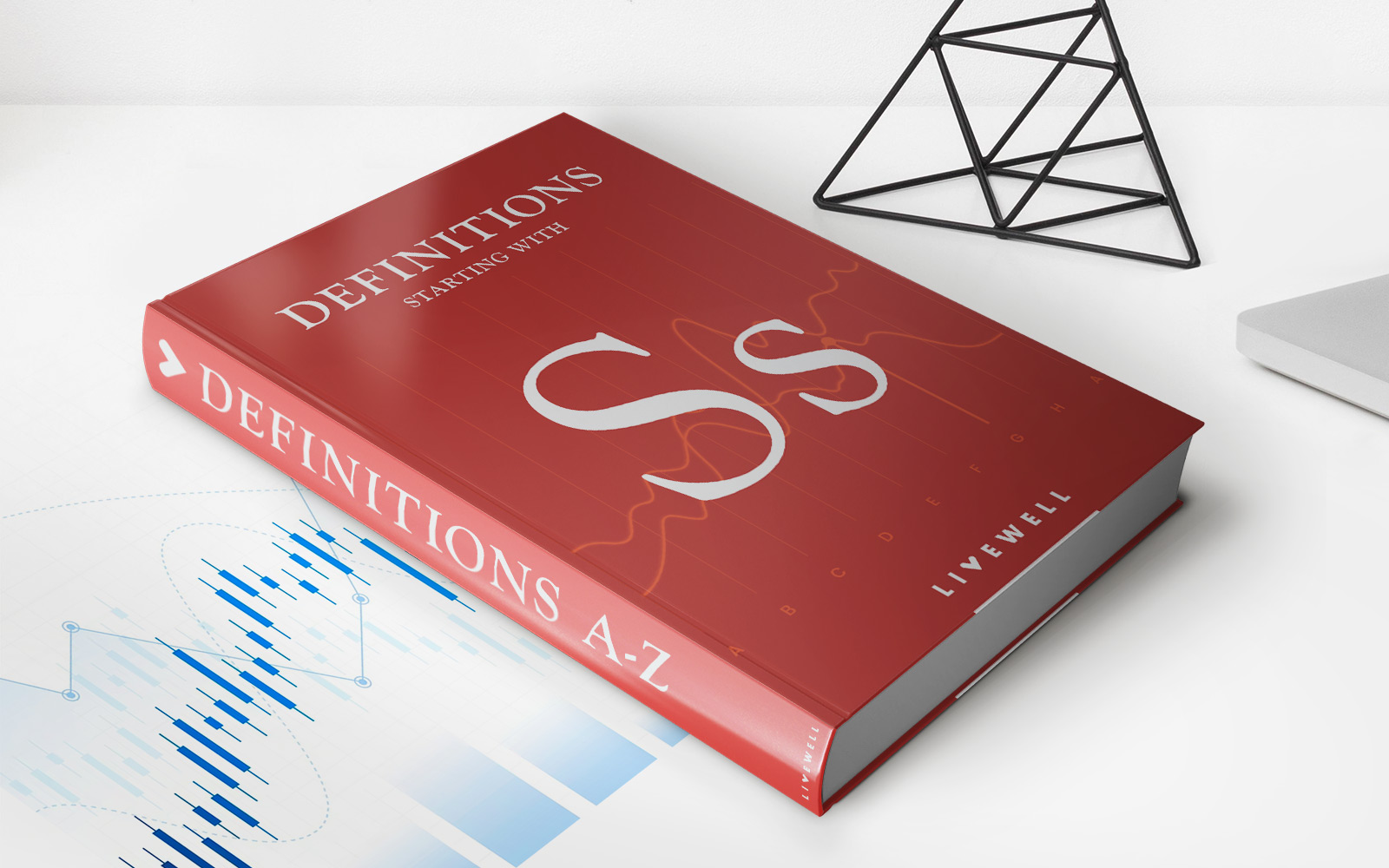

Finance
Silver ETF Definition
Published: January 29, 2024
Learn about the definition and benefits of silver ETFs in the world of finance. Discover how silver ETFs can diversify your investment portfolio.
(Many of the links in this article redirect to a specific reviewed product. Your purchase of these products through affiliate links helps to generate commission for LiveWell, at no extra cost. Learn more)
Silver ETFs: A Comprehensive Guide to Investing in Silver
When it comes to investing in precious metals, silver has long been a popular choice among investors. Not only is it a valuable asset, but it also offers diversification and acts as a hedge against inflation. If you’re interested in investing in silver, one option you may consider is a Silver ETF (Exchange-Traded Fund). In this article, we will explore the definition of Silver ETFs, their advantages, and how they can be a great addition to your investment portfolio.
Key Takeaways:
- Silver ETFs provide an easy and convenient way for investors to gain exposure to the silver market.
- These funds are traded on the stock exchange, just like individual stocks, making them accessible and liquid.
What is a Silver ETF?
A Silver ETF is a type of exchange-traded fund that aims to track the performance of silver or silver-related assets such as mining stocks or physical silver bullion. These funds are designed to provide investors with a way to gain exposure to the price movements of silver without physically owning the metal.
Unlike traditional mutual funds, Silver ETFs trade on major stock exchanges and can be bought or sold throughout the trading day, just like individual stocks. This liquidity makes them an attractive investment option for those looking to capitalize on short-term price movements in the silver market.
The Advantages of Investing in Silver ETFs
Investing in Silver ETFs offers several advantages for both individual and institutional investors. Here are a few key benefits:
- Portfolio Diversification: Including Silver ETFs in your investment portfolio can help diversify your holdings beyond traditional stocks and bonds. Silver has historically had a low correlation with other asset classes, which means it can serve as a hedge during times of stock market volatility.
- Accessibility and Liquidity: Silver ETFs are traded on major stock exchanges and can be easily bought or sold through brokerage accounts. This makes them a readily accessible and liquid investment option, allowing investors to enter or exit positions with ease.
- Transparency: Silver ETFs provide transparency in terms of the underlying holdings they represent. The ETF issuer typically discloses the holdings on a daily basis, allowing investors to see exactly what assets they own within the fund.
- Cost-Effectiveness: Compared to buying physical silver or silver mining stocks, investing in Silver ETFs can be a cost-effective way to gain exposure to the silver market. ETFs generally have lower expense ratios and trading costs compared to other investment options, making them an attractive choice for cost-conscious investors.
Conclusion
Whether you’re a seasoned investor or just starting your investment journey, Silver ETFs can be a valuable addition to your portfolio. Their convenience, liquidity, diversification benefits, and cost-effectiveness make them an excellent way to gain exposure to the silver market. So, if you’re considering investing in silver, consider including Silver ETFs in your investment strategy!
